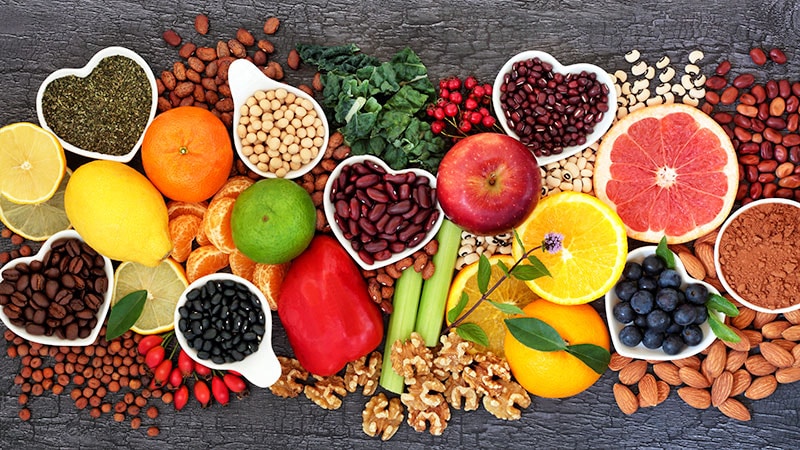Flavonoids and Parkinson's Disease Risk Study Findings
Core Concepts
Flavonoid intake does not reduce Parkinson's disease risk.
Abstract
The study investigated the relationship between flavonoid intake and Parkinson's disease risk, utilizing data from the Nurses' Health Study and the Health Professionals Follow-Up Study. Key highlights include:
- No association found between higher flavonoid intake and reduced Parkinson's disease risk.
- Flavonoid intake was tracked over several years using a Food Frequency Questionnaire.
- Previous findings suggesting a link between flavonoids and Parkinson's risk were contradicted.
- The study included a larger sample size and longer follow-up period compared to previous research.
- Results remained consistent even after adjusting for confounders and pesticide exposure.
- The study's limitations include reliance on self-reported data and indirect measurement of pesticide exposure.
Customize Summary
Rewrite with AI
Generate Citations
Translate Source
To Another Language
Generate MindMap
from source content
Visit Source
www.medscape.com
Flavonoids Not Tied to Reduced Parkinson's Risk
Stats
"Higher total flavonoid intake at baseline was not associated with a lower PD risk in either men or women (adjusted hazard ratio comparing highest to lowest quintile, 0.89 [95% CI, 0.69-1.14] and 1.27 [95% CI, 0.98-1.64], respectively)."
"Results remained similar, even after adjustment for and stratification by high-pesticide residue fruits and vegetables and even after the researchers restricted analyses to younger PD cases."
Quotes
"These findings are in contrast with previously reported beneficial associations of dietary flavonoids among participants in these cohorts."
Key Insights Distilled From
by Batya Swift ... at www.medscape.com 02-15-2024
https://www.medscape.com/viewarticle/flavonoids-not-tied-reduced-parkinsons-risk-2024a100036n
Deeper Inquiries
How might the findings of this study impact dietary recommendations for individuals concerned about Parkinson's disease risk
The findings of this study could have implications for dietary recommendations for individuals worried about Parkinson's disease risk. Since the study did not find a significant association between higher flavonoid intake and reduced PD risk, individuals may need to reconsider solely relying on flavonoids for potential protective effects against PD. Instead, a more comprehensive approach to diet and lifestyle modifications may be necessary to mitigate PD risk. Encouraging a balanced diet rich in various nutrients, regular physical activity, and other healthy habits could be more beneficial in reducing the overall risk of developing Parkinson's disease.
What other factors could potentially explain the lack of association between flavonoid intake and Parkinson's risk
Several factors could potentially explain the lack of association between flavonoid intake and Parkinson's risk observed in this study. One possible explanation could be the complexity of PD development, which may involve multiple genetic, environmental, and lifestyle factors beyond just flavonoid consumption. Additionally, the study's reliance on self-reported dietary intake could introduce inaccuracies and biases, leading to an underestimation of the true relationship between flavonoids and PD risk. Furthermore, the influence of other dietary components, environmental toxins, or genetic predispositions not accounted for in the study could also play a role in the observed lack of association.
How can future research improve the accuracy of measuring flavonoid intake and its relationship to health outcomes
Future research can enhance the accuracy of measuring flavonoid intake and its relationship to health outcomes by employing more robust methodologies. Utilizing objective measures of flavonoid intake, such as biomarkers or detailed dietary records, could provide more precise data compared to self-reported food frequency questionnaires. Longitudinal studies with larger sample sizes and diverse populations could help validate the findings and identify potential subgroups that may benefit from flavonoid-rich diets. Additionally, conducting randomized controlled trials to assess the impact of flavonoid supplementation on PD risk could offer more conclusive evidence on the role of flavonoids in disease prevention. By addressing these methodological limitations, future research can improve the understanding of the relationship between flavonoid intake and health outcomes like Parkinson's disease.
0
